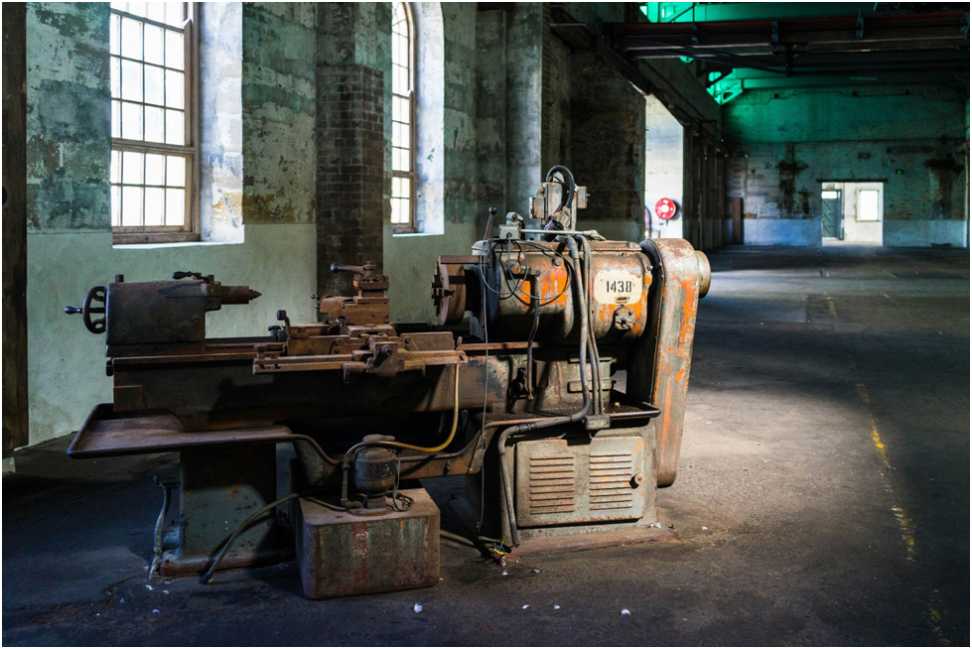Imagine this: you’re curled up with a good book on a sweltering summer night, only to be plunged into darkness by a sudden power outage. The comforting whir of your air conditioner grinds to a halt, replaced by the stifling heat. Or, maybe you’re amid a crucial work deadline when the lights flicker and die, leaving you scrambling to save your progress.
These scenarios can be easily mitigated with the help of a reliable generator. But with a multitude of generator options available, choosing the right one can feel overwhelming. This guide will give you the knowledge of selecting the perfect generators for your needs.
Know Your Power Needs
The first step is understanding your power requirements. Generators are rated in watts, which indicates the amount of electrical power they can produce. Here’s how to determine your needs:
Identify Essential Appliances
Make a list of the appliances you want to run during a power outage. This could include your refrigerator, air conditioner, lights, sump pump, or even essential medical equipment.
Check Appliance Wattage
Look for the wattage label on your appliances. This indicates the amount of power each appliance consumes while running the panel upgrades.
Choosing the Right Generator Type
Generators come in various fuel types, each with its own advantages and considerations:
Gasoline Generators
These are the most portable and readily available option. They’re ideal for occasional use or powering smaller appliances. However, gasoline requires more frequent refueling, and generators can be noisy.
Diesel Generators
Known for their long run times and fuel efficiency, diesel generators are perfect for extended outages or powering larger appliances. However, they tend to be pricier, noisier, and require more maintenance than gasoline generators.
Finding the Right Fit for Your Lifestyle
Consider how you plan to use your generator. Here are the two main options:
Portable Generators
These are ideal for temporary outages or powering equipment at campsites or job sites. They offer flexibility in placement but require manual startup and connection to appliances.
Standby Generators
Permanently installed and connected to your home’s electrical system, these generators offer automatic operation upon power loss. They provide the ultimate convenience but involve a more complex installation process.
Additional Features to Consider
While wattage, fuel type, and portability are crucial factors, here are some additional features to ponder:
Electric Start
Skip the manual pull cord and opt for a generator with an electric starter for effortless operation.
Transfer Switch
For standby generators, a transfer switch automatically switches your home’s electrical system to the generator during a power outage.
Noise Level
Consider noise levels, especially if you plan to use the generator in a residential area. Look for generators with lower decibel ratings for quieter operation.
Final Words
By considering fuel types, portability options, and additional features, you can make an informed decision when purchasing a generator. Remember, a generator is an investment in peace of mind, ensuring your comfort and safety during power outages. So, choose wisely, and let your generator be the knight in shining armor that keeps your life running smoothly, even when the lights go out.
Have A Look :-
- Beyond the Lightshow: Unveiling the Power of Laser Cutting
- Why Seeing a Foot Doctor is Key to Lifelong Mobility and Comfort

